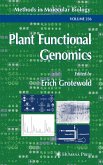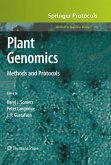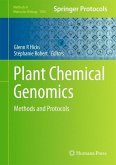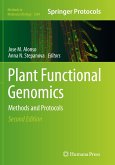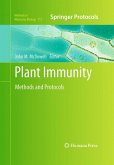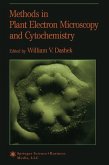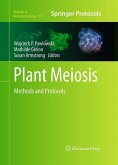Functional genomics is a young discipline whose origin can be traced back to the late 1980s and early 1990s, when molecular tools became available to determine the cellular functions of genes. Today, functional genomics is p- ceived as the analysis, often large-scale, that bridges the structure and organi- tion of genomes and the assessment of gene function. The completion in 2000 of the genome sequence of Arabidopsis thaliana has created a number of new and exciting challenges in plant functional genomics. The immediate task for the plant biology community is to establish the functions of the approximately 25,000 genes present in this model plant. One major issue that will remain even after this formidable task is c- pleted is establishing to what degree our understanding of the genome of one model organism, such as the dicot Arabidopsis, provides insight into the or- nization and function of genes in other plants. The genome sequence of rice, completed in 2002 as a result of the synergistic interaction of the private and public sectors, promises to significantly enrich our knowledge of the general organization of plant genomes. However, the tools available to investigate gene function in rice are lagging behind those offered by other model plant systems. Approaches available to investigate gene function become even more limited for plants other than the model systems of Arabidopsis, rice, and maize.
"...provides in a single volume most of the commonly used approaches in plant genomics...worth reading and should interest a large public." - Proteomics "This well written and illustrated guide reads easily and provides detailed protocols and an up-to-date bibliography for all reviewed strategies, making it the book that everybody in this field would need." - Cell Biochem Funct


